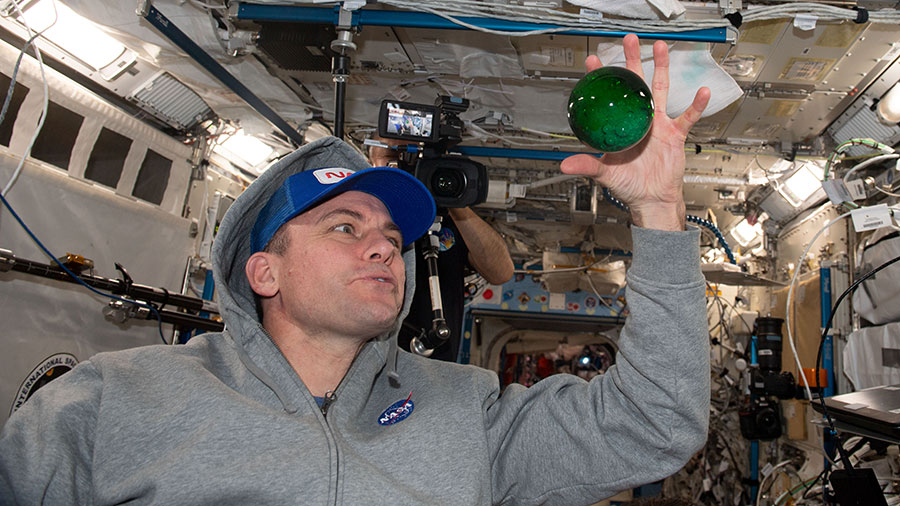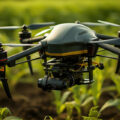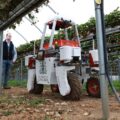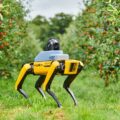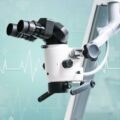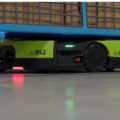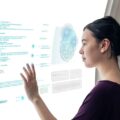On Thursday (February 16, 2023), microgravity research took center stage on the International Space Station (ISS) with a range of advanced studies conducted by Expedition 68 astronauts. The research is aimed at understanding how living in space affects various aspects of the human body and helping prepare astronauts for the challenges of future missions to the Moon, Mars, and beyond.
NASA Flight Engineer Josh Cassada conducted a study in the Columbus laboratory module exploring how spaceflight impacts the central nervous system, specifically how visual and audible signals in weightlessness affect an astronaut’s eye-hand coordination. He was joined by Flight Engineer Koichi Wakata of the Japan Aerospace Exploration Agency (JAXA) for the study.
Another key research objective was understanding blood pressure and breathing in weightlessness, which is crucial for counteracting the risks of living in space. NASA Flight Engineer Nicole Mann, assisted by NASA Flight Engineer Frank Rubio, participated in a study that involved measuring an astronaut’s exercise output and may improve medical support for crews in space and humans on Earth.
The astronauts also participated in vein scans and acoustic monitoring using robotic helpers, while Commander Sergey Prokopyev and Flight Engineer Dmitri Petelin reviewed procedures for the upcoming automated undocking of the ISS Progress 82 cargo craft.
Overall, the microgravity research conducted on the ISS is crucial for advancing our understanding of spaceflight and its effects on the human body, and has important applications for both astronauts and humans on Earth. To learn more about the latest updates, visit the NASA blog at https://blogs.nasa.gov/spacestation/2023/02/16/biology-and-robotics-research-occupy-crew/
Image source: https://blogs.nasa.govhttps://blogs.nasa.gov
